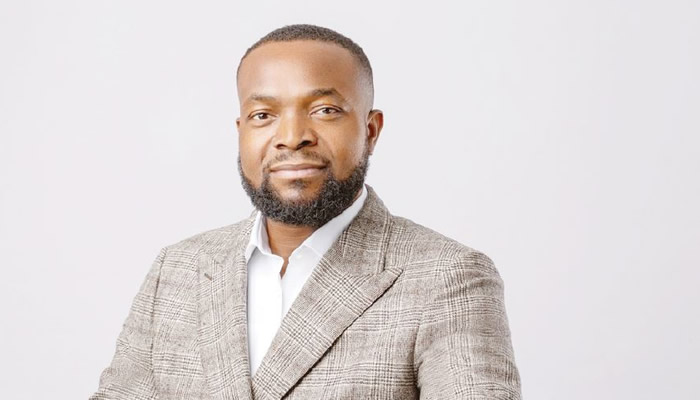Nigeria’s communications and digital economy sector experienced a remarkable surge in foreign direct investment (FDI) during the first quarter of 2024, reaching $191 million, a ninefold increase compared to the $22 million recorded in the same period of 2023. This impressive growth, announced by Communications, Innovation, and Digital Economy Minister Dr. Bosun Tijani, underscores the sector’s burgeoning potential and the government’s commitment to fostering a thriving digital ecosystem. The minister attributed this success to a combination of strategic initiatives, including robust workforce development programs, ambitious infrastructure projects, and a focus on emerging technologies like artificial intelligence. The upward trend continued in the second quarter of 2024, with FDI reaching $114 million, a significant leap from the $25 million recorded in Q2 2023. This sustained growth reinforces the sector’s attractiveness to foreign investors and its increasing contribution to the nation’s economic development.
A key driver of this growth is the 3 Million Technical Talent (3MTT) program, launched in October 2023 with the aim of equipping Nigerians with essential digital skills. The program has significantly exceeded its initial target, training over 117,000 individuals by the end of 2023, with an additional 35,000 currently undergoing training. This represents significant progress towards the program’s ultimate goal of training three million Nigerians, empowering them to participate actively in the burgeoning digital economy and contributing to the nation’s overall technological advancement. The emphasis on skills development is crucial for creating a robust talent pool that can drive innovation and attract further investment in the sector.
To further enhance connectivity and digital inclusion, the government is embarking on Project Bridge, a $2 billion initiative to deploy 90,000 kilometers of fiber optic cable across the country. Scheduled to commence in the fourth quarter of 2025, this ambitious project aims to provide affordable and high-quality internet access to all Nigerians, irrespective of their location. Expanding connectivity hubs by just 10% could potentially boost the nation’s GDP by 2.5%, highlighting the significant economic benefits of improved digital infrastructure. This investment is a critical step towards bridging the digital divide and ensuring that all citizens can participate in the opportunities offered by the digital age.
Nigeria has also emerged as a global leader in artificial intelligence (AI) readiness, ranking among the top 60 countries worldwide. The government has actively fostered innovation in this area, launching the AI Collective platform, a collaborative initiative supported by industry giants like Pierre Omidyar, Google, and Microsoft. Furthermore, the Ministry has invested N300 million in ten startups utilizing AI and blockchain technologies to enhance agricultural productivity. This commitment to fostering AI development and application across various sectors underscores the government’s recognition of its transformative potential for economic growth and societal advancement. The funding of 55 academic researchers to explore technology applications in critical sectors like agriculture, healthcare, and education further demonstrates this focus on innovation and its potential to address national challenges.
The establishment of the Nigeria Startup House in San Francisco, aimed at attracting $5 billion in startup funding, highlights the government’s efforts to promote entrepreneurship and connect Nigerian tech firms with global opportunities. Supporting initiatives like the Startup Pact and Trade Desk will further facilitate access to international markets and government procurement contracts, fostering growth and innovation within the startup ecosystem. The training of over 500 government technologists in AI and Digital Public Infrastructure further demonstrates the government’s commitment to building internal capacity and ensuring effective implementation of digital transformation strategies.
Addressing the challenge of rural connectivity, the government plans to deploy 7,000 telecom towers, aiming to achieve 98% nationwide coverage. This initiative, coupled with progress on Right-of-Way issues and the adoption of zero-rated Right-of-Way policies by 12 states, is crucial for bridging the digital divide and ensuring that all communities can access the benefits of digital connectivity. These efforts align with the National Broadband Plan’s goal of achieving 90% penetration by 2025, up from 48% in 2024. The government anticipates that the sector’s contribution to GDP will rise from 16% to 22%, reflecting the transformative impact of increased digital adoption and connectivity on the national economy. Ultimately, these initiatives are not merely about achieving quick wins, but about establishing long-lasting reforms that will transform Nigeria’s economy for generations to come.














